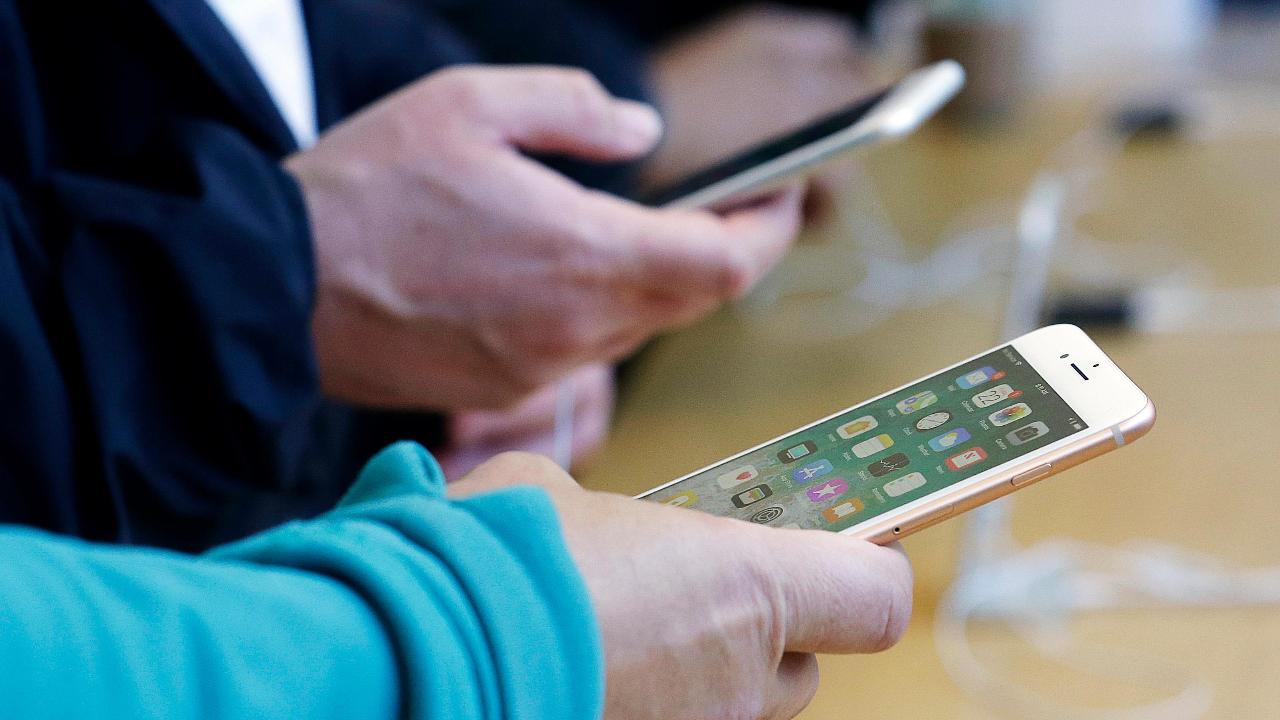As Apple iPhones get pricier, will it lose market share?
Apple unveiled a slew of products on Wednesday, including higher-priced phones, which could further isolate the company from some key growth markets.
The tech giant released a new smartphone, the iPhone XS Max, with a price tag of $1,099. It also announced the iPhone XS, which will cost $999. Even the lowest price-point for a new model, $749, is $50 more when compared with the cost of the comparable model among last year's releases.
Apple has struggled to expand sales in China and India, where – in the former – residents favor domestic brands like Huawei, Oppo, Vivo and Xiaomi. Those four companies control more than 70 percent of the country’s smartphone market. In the first quarter, Apple saw a meaningful decline in sales as customers in China shied away from higher-priced models.
Meanwhile, India hiked tariffs on mobile phone imports to 20 percent earlier this year, which launched the cost of the already pricey iPhone X up to $1,700, according to CNN. The iPhone X, which was unveiled last year, has a starting cost of $999.
An ongoing trade war with key partners – including China – could exacerbate existing challenges for the company. Apple CEO Tim Cook said tariffs are often passed along to consumers in the form of higher prices.
But Apple’s leadership is unlikely to stop focusing on premium phones any time soon.
During the company’s fiscal 2018 third quarter, Apple sold 41.3 million iPhones, which was below expectations. Year-over-year sales were essentially flat. Yet, revenue still increased as consumers in some markets – including the U.S. – were still willing to purchase the higher-cost phone.
“The thing that we always have to do is come out with a really great innovative product, and I think that iPhone X shows that when you deliver a great innovative product, there's enough people there that would like that and it can be a really good business,” CEO Tim Cook said during the company’s most recent earnings call.
The average selling price of the iPhone last quarter was $724.
Meanwhile, some research firms predict, as more consumers already have smartphones, the entire market will shrink throughout the coming years.
Yet, Cook isn’t worried about that, either.
“It's an enormous sized market and whether it grows, from our point of view, whether it grows 1 percent or 2 percent or 5 percent or 6 percent or 10 percent or shrinks 1 percent or 2 percent, it's a great market because it's just huge,” he told investors.
Apple gets more than half of its revenue from iPhone sales. It recently earned the title of the first trillion-dollar company.
Apple, as well as Samsung, credited longer replacement cycles with slowing mobile phone sales.




















